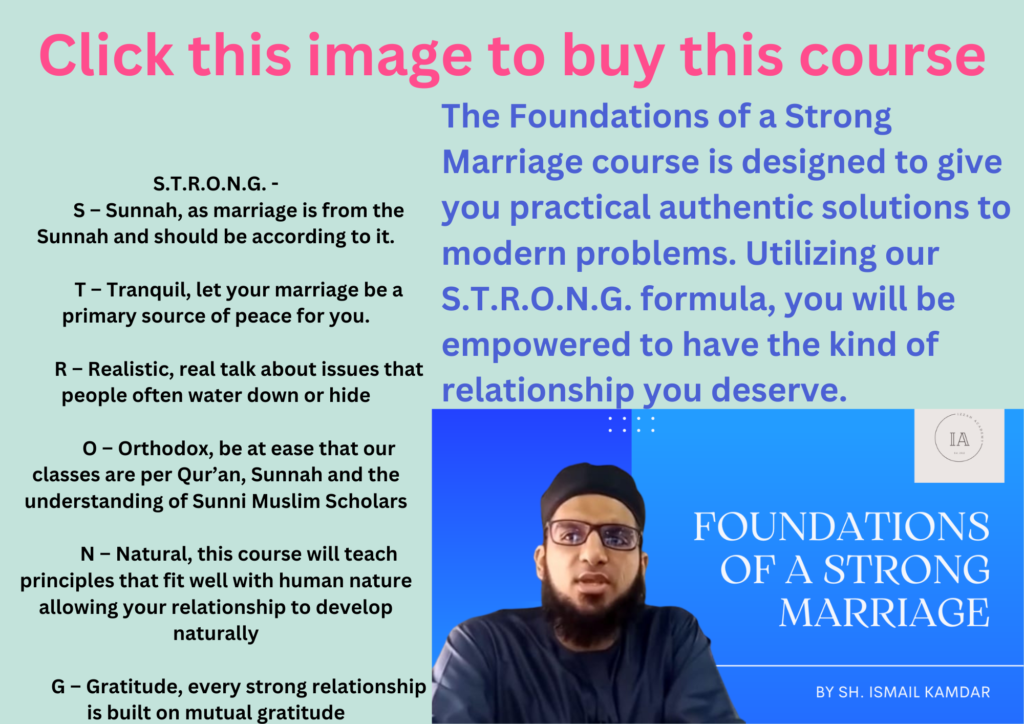There’s a saying that beauty lies in the eyes of the beholder. This means that what we find beautiful often reflects how we feel inside. In Islam, this idea aligns with teachings from the Quran and the Prophet Muhammad (peace be upon him), who emphasized having a pure heart and a positive mindset. Psychologists also say that our thoughts, emotions, and beliefs shape how we see the world. When combined, these perspectives show that the beauty we see in the world mirrors the beauty within us.
In Islam, the heart is essential to how we see the world. The Prophet Muhammad (peace be upon him) said, “There is a piece of flesh in the body which, if it is pure, the whole body is pure; and if it is corrupt, the whole body is corrupt. Verily, it is the heart.” (Sahih Al Bukhari 52). This means that when our hearts are filled with goodness and the remembrance of Allah (dhikr), we tend to see the world in a more positive and beautiful way.
Allah says in the Quran: “We will show them Our signs in the universe and within themselves until it becomes clear to them that this (Quran) is the truth” (Fussilat: 53). This verse reminds us that the beauty in the world is a sign of Allah’s greatness. When we see beauty in creation, it reflects the peace and purity within our hearts.
Psychologists believe that our perception of beauty is shaped by our inner state. When our hearts are full of gratitude, love, and contentment, we naturally see more beauty around us. Positive psychology teaches that people who practice gratitude and focus on the good things in life tend to notice more beauty and positivity in the world. Our thoughts and emotions act like filters, affecting how we view everything around us.
On the other hand, when our hearts are clouded with negative feelings like anger, jealousy, or bitterness, we struggle to see beauty. We become more critical and less appreciative, focusing on flaws instead of wonders. This highlights the importance of nurturing positive emotions and thoughts to transform our experience of the world.
Consider how a believer might respond to a difficult situation. In Islam, believers are taught to view hardships as opportunities for growth and purification. The Prophet Muhammad (peace be upon him) said, “Amazing is the affair of the believer, for there is good for him in every matter… If he is happy, then he thanks Allah and there is good for him. If he is harmed, then he shows patience, and there is good for him” (Sahih Muslim). This positive attitude helps believers find beauty and goodness even in challenging times, knowing it’s all part of Allah’s plan.
This idea aligns with the psychological concept of “cognitive reframing,” where people learn to view challenges in a positive light. By changing how we think about situations, we train ourselves to see more beauty in life, reflecting our inner strength and faith.
In Islam, how we see and treat others is also a reflection of our inner state. The Prophet Muhammad (peace be upon him) said, “The believers are like a structure, each one supporting the other” (Sahih al-Bukhari). When we see the good in others and help them, we are showing the beauty in our own hearts. This is similar to the psychological idea that our relationships often mirror our self-concept. If we are kind and compassionate, we naturally see and nurture these qualities in others.
Islam provides clear ways to nurture inner beauty, such as through prayer, remembrance of Allah, and reflection. The Quran encourages us to purify our hearts: “The Day when neither wealth nor children will benefit anyone except one who comes to Allah with a sound heart” (Ash Shu’ara:88-89). By practicing these acts of worship, we cleanse our hearts, which helps us see and appreciate the beauty in the world.
Psychologically, practices like mindfulness, gratitude journaling, and self-reflection help us develop a positive outlook. By nurturing our inner beauty through faith and positive habits, we can see more beauty around us. In doing so, we recognize the signs of Allah in everything and draw closer to Him through the beauty we see and reflect within ourselves.
Written by Zahra Rahman





